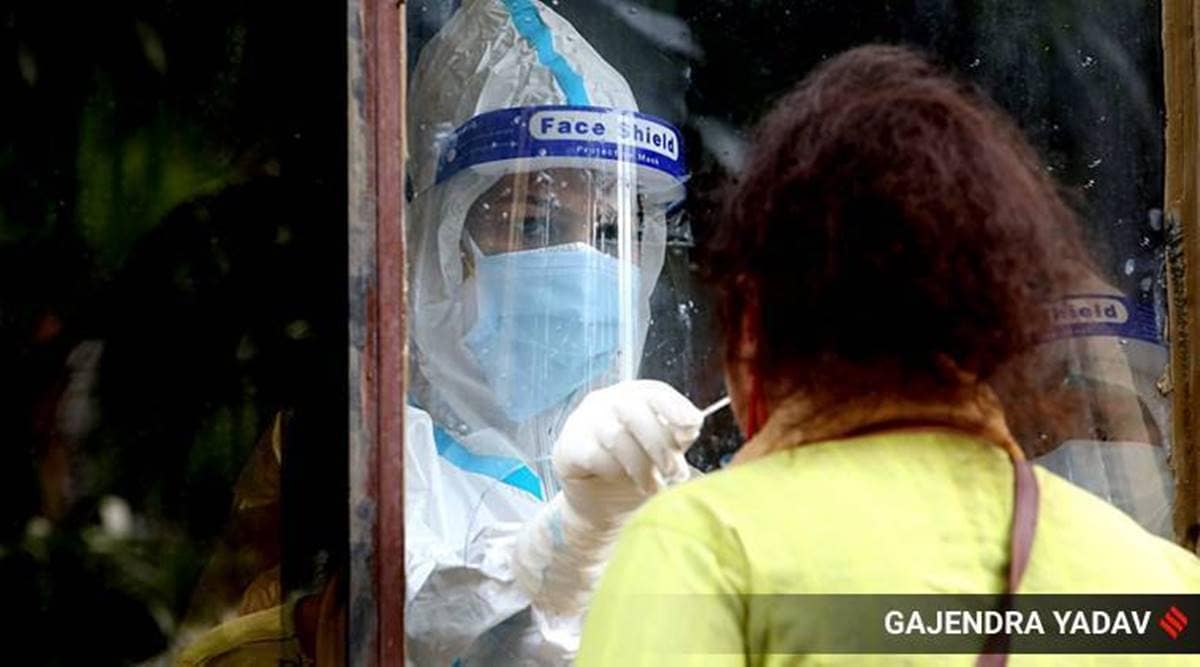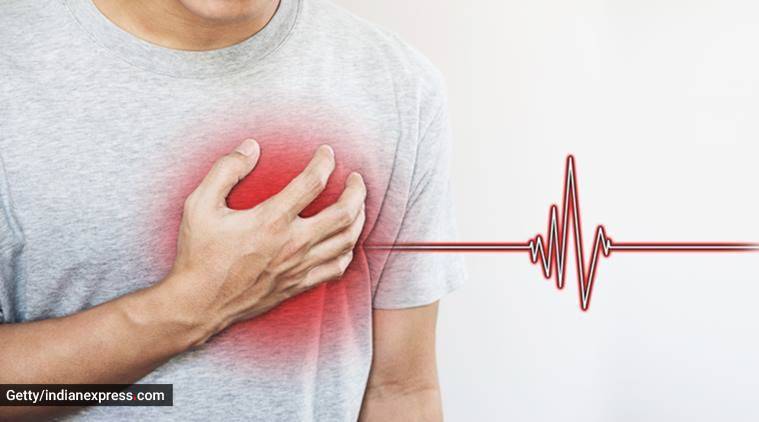 Many people continue to experience health problems long after they have recovered from Covis-19. (Photo: Gajendra Yadav)
Many people continue to experience health problems long after they have recovered from Covis-19. (Photo: Gajendra Yadav) We are more than a year into the pandemic. The virus is still raging strong globally, and even domestically, the threat is anything but over. While healthcare providers are dedicatedly working to ensure the prevention of the pandemic spread, another key area of attention has emerged. It has been discovered in a number of cases that even when the virus is eliminated from the body and the infected person is no longer COVID positive, there are certain long-term impacts on various organs.
“This trend of long-term impact on the seemingly ‘young and healthy’ COVID-19 patients is being primarily noticed in six organs,” said Dr Vishal Sehgal, president medical services, Portea Medical.
Respiratory System
It is well established that COVID-19 is a respiratory infection. However, the disease is also having a long-term impact on the lungs. “Even as long as four months after the initial infection, some of the patients continue to show signs of lung impairment. At times, the patients undergoing treatment, and even those people who had ‘recovered’ from the infection experience problems such as fatigue, chest pain, and breathlessness, which are some of the common signs of COVID-19. The reason this could happen is that the SARS CoV-2 can potentially cause inflammation of the lungs, and partial impairment of the lung tissues as well as sacs. Thus, even when the patient recovers from the infection, the long-term respiratory health takes a beating,” he told indianexpress.com.
Liver
When a person is infected by coronavirus, their health is severely compromised, especially in the case of those with co-morbidities. Apart from that, the infection also causes damage to the hepatic tissues of our body. Thus, some of the current or recovered patients suffer a higher enzyme level in their liver and also experience related disorders. “As per medical experts, this is happening because even when a patient recovers from the infection, the liver functions don’t regain normalcy. One of the reasons behind this could be the fact that the medication administered to the patients might cause a rush of cytokines in the body,” he explained.
 many people have experienced heart problems post-recovery. (Photo: Getty Images/Thinkstock)
many people have experienced heart problems post-recovery. (Photo: Getty Images/Thinkstock)
Cardiac system
It has been well documented that COVID-19 causes extra challenges for people with heart ailments. Some of the common symptoms of the disease include unusual heart rate, palpitations, recurring chest pain and chronic fatigue. “In many cases, the infection causes clotting of blood cells and increases the possibility of a heart attack in patients during their treatment or even months after the recovery from the ailment,” he shared.
Kidneys
Kidneys are one of the most affected organs in a COVID-19 patient. According to the data, one of the main long-term adverse effects of the disease is the reduction in kidney functions. Patients who have recovered continue to suffer from problems such as low urine output, infrequent urination, and even major kidney failure instances in patients irrespective of their age. These risks are greater among people suffering from high blood pressure or diabetes.
Gastrointestinal system
Common symptoms of COVID-19 include various digestive problems such as upset stomach, cramps, nausea, loss of appetite, abdominal pain and diarrhoea etc. In many cases, even when the patient recovers from the infection, these problems and complications persist. “The probable cause for such a scenario is that the digestive system witnesses a decline in its ability to absorb nutrients and electrolytes as a side-effect of the infection,” he said.
Mental health
“Mental health implications of the pandemic have been among the most widely researched and observed phenomenon. According to doctors in the UK, more than 60,000 people are likely to have suffered long-term brain fog and other mental health issues. Some of the recovered COVID-19 patients experience light to intense inflammations, brain strokes and seizures. In many instances, people who recover from the infection, experience problems such as confusion, incomprehension, lack of body coordination, headaches, dizziness and weakening of eyesight. In some studies, it has also been found that the pandemic might be spreading diseases like Alzheimer’s and Parkinson’s in the infected people,” he added.
Evidently, there is a lot more to the disease than the respiratory infection that people recover from after a few weeks or a month. The research and understanding related to these long-term impacts are crucial to finding a holistic cure and treatment process for the pandemic. It also underlines the fact that the best way to stay safe is to focus on preventive measures as advised by healthcare professionals. We will beat the virus, but, only if we don’t lower our guard!
- The Indian Express website has been rated GREEN for its credibility and trustworthiness by Newsguard, a global service that rates news sources for their journalistic standards.

